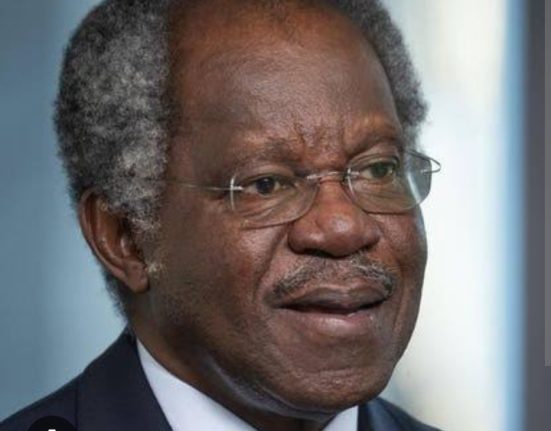Abuja | June 15, 2025
The Spokesperson of the Nigerian Senate, Senator Yemi Adaramodu, has described the growing calls for a part-time legislative system in Nigeria as a direct threat to democracy, warning that such a move would weaken the independence of the legislature and undermine effective governance.
Speaking at a press briefing on Saturday in Abuja, Senator Adaramodu, who represents Ekiti South Senatorial District, argued that reducing the National Assembly to a part-time institution would be counterproductive and detrimental to the country’s democratic gains since 1999.
“Calls for a part-time legislature are not only populist but dangerously misleading. The work of lawmakers goes beyond plenary sessions; it includes critical oversight, constituency engagement, and lawmaking, all of which require full commitment,” Adaramodu stated.
The debate over restructuring the National Assembly has intensified in recent months, with several civil society groups and policy analysts advocating for a part-time system as a cost-saving measure. Critics argue that Nigeria’s bicameral legislature consumes a significant portion of the national budget with minimal impact on governance.
However, the Senate spokesperson dismissed the arguments as oversimplified and lacking in constitutional understanding.
“Reducing legislative work to a part-time affair because of cost is like calling for part-time justice or part-time national security. Democracy is not cheap, and weakening its institutions will cost the country even more in the long run,” he added.
Senator Adaramodu emphasized that the legislative process involves extensive committee work, stakeholder engagements, public hearings, bill drafting, and oversight of ministries, departments, and agencies — functions he said cannot be effectively carried out by part-time lawmakers.
The Nigerian Constitution, under Sections 4 and 88, assigns full-time responsibilities to federal lawmakers, including lawmaking, oversight, and representation. Adaramodu warned that any attempt to truncate that framework could expose Nigeria to institutional instabilities
While some Nigerians agree with the Senate’s position, others believe that the cost of governance must be drastically reduced, and that the National Assembly should lead by example.




